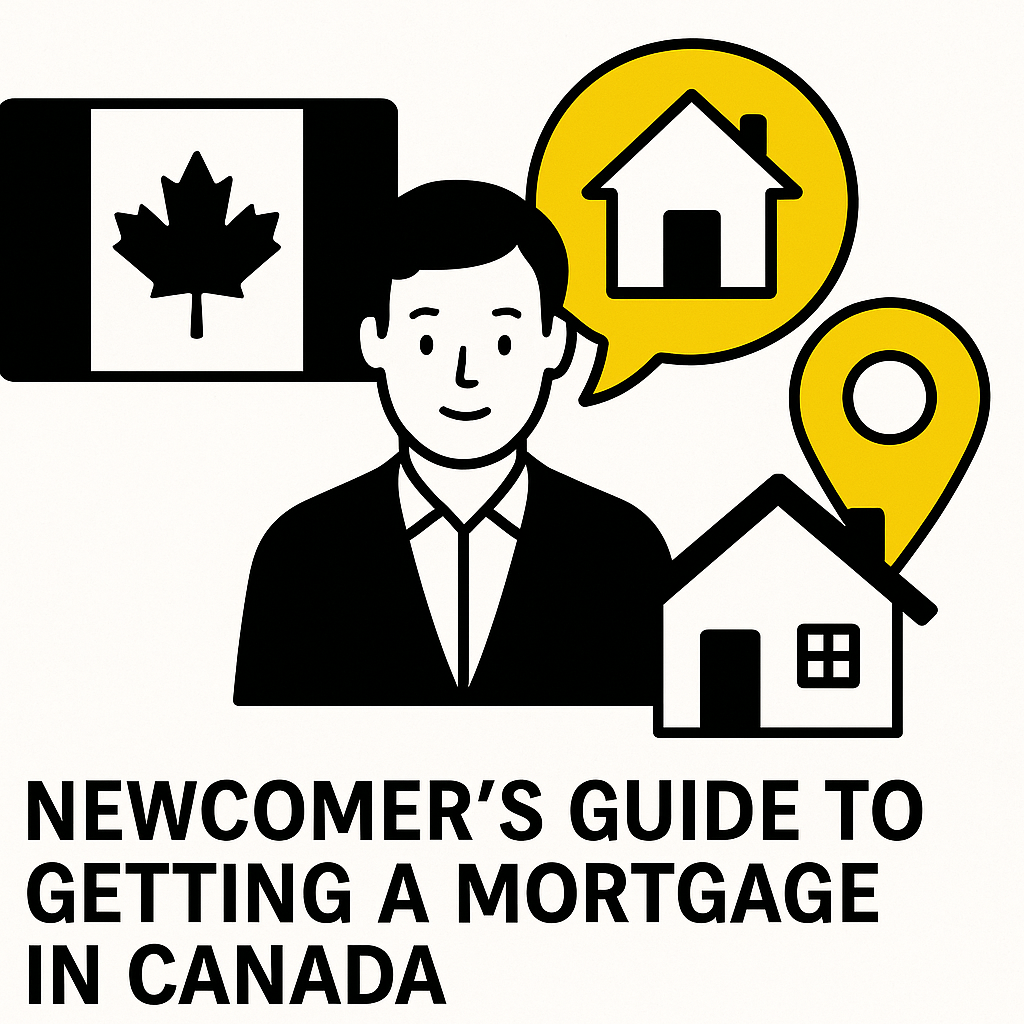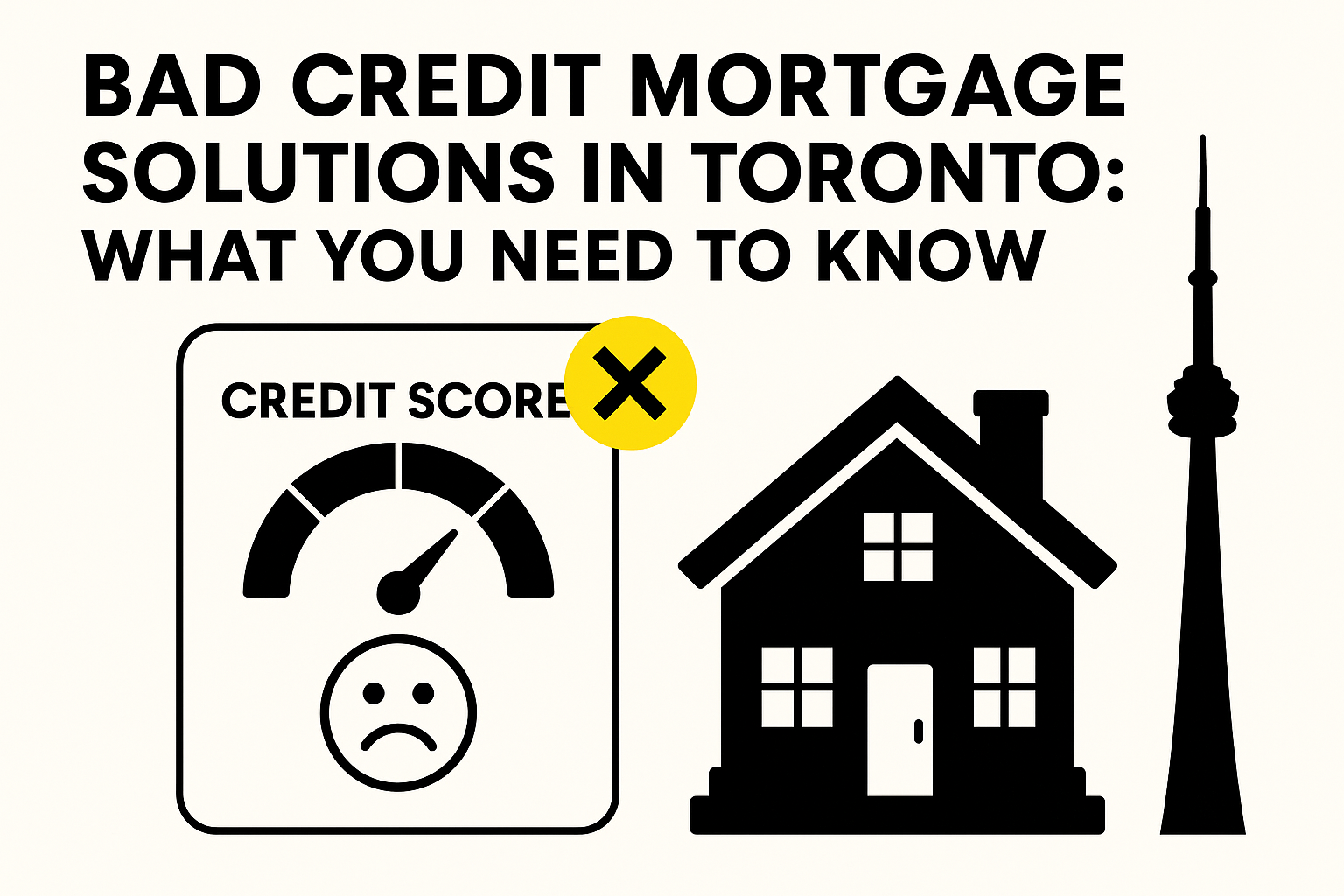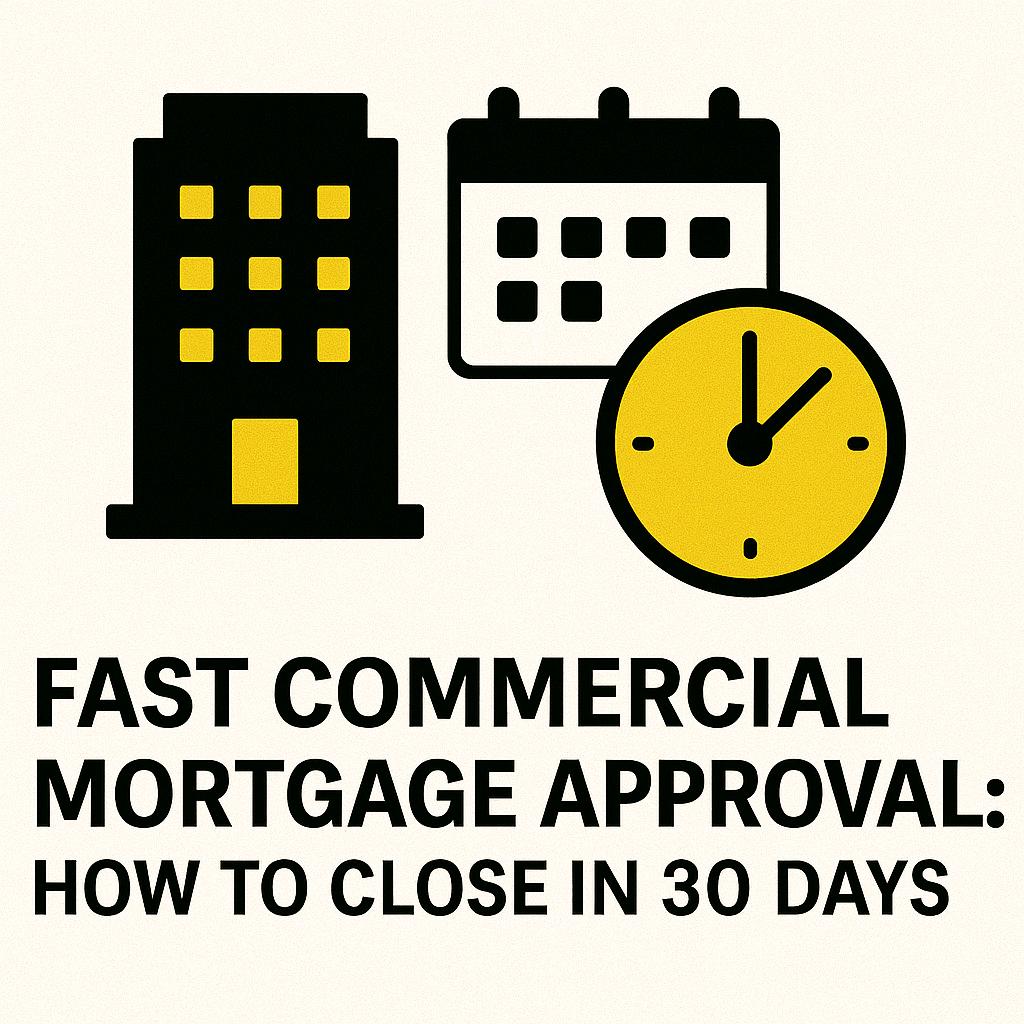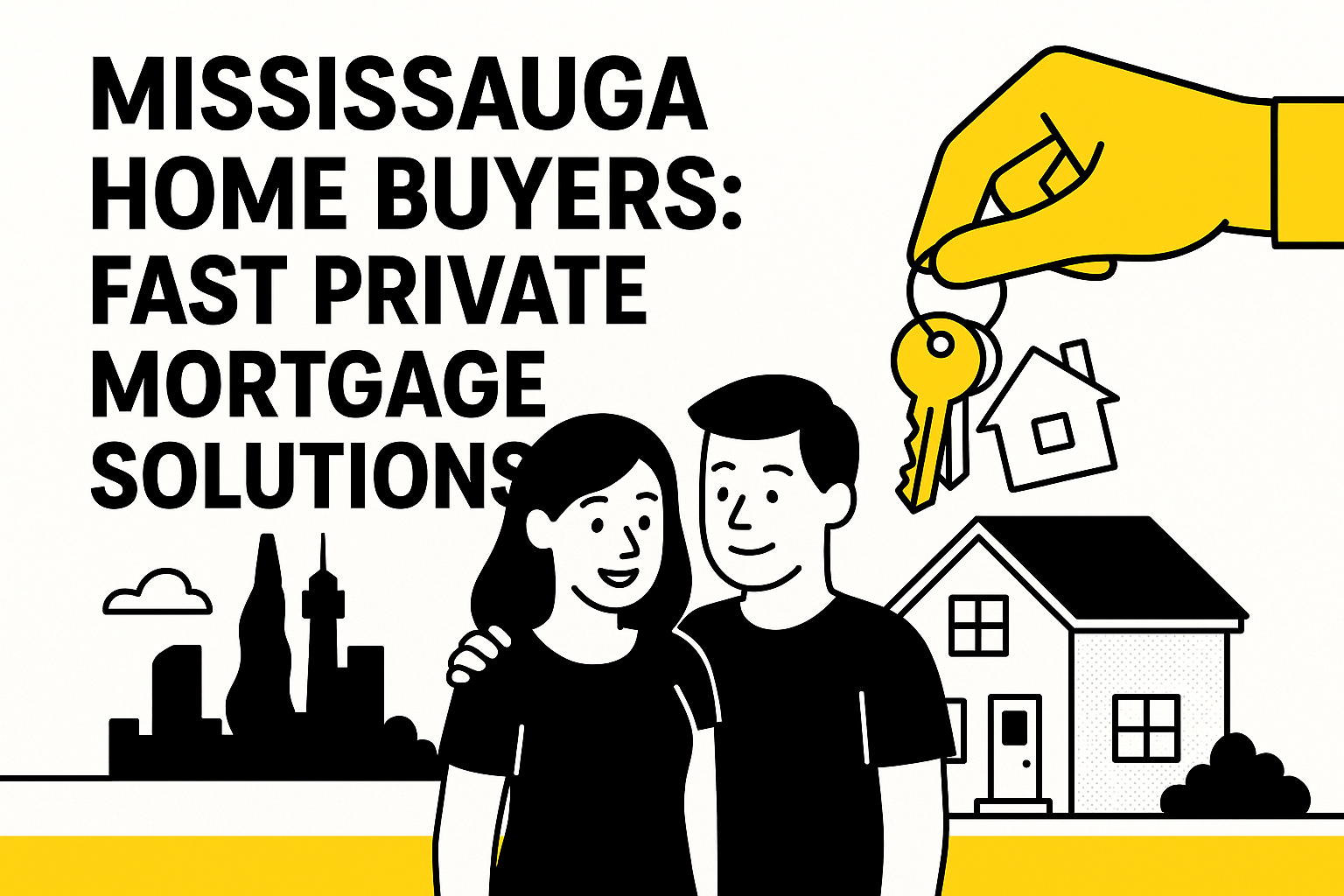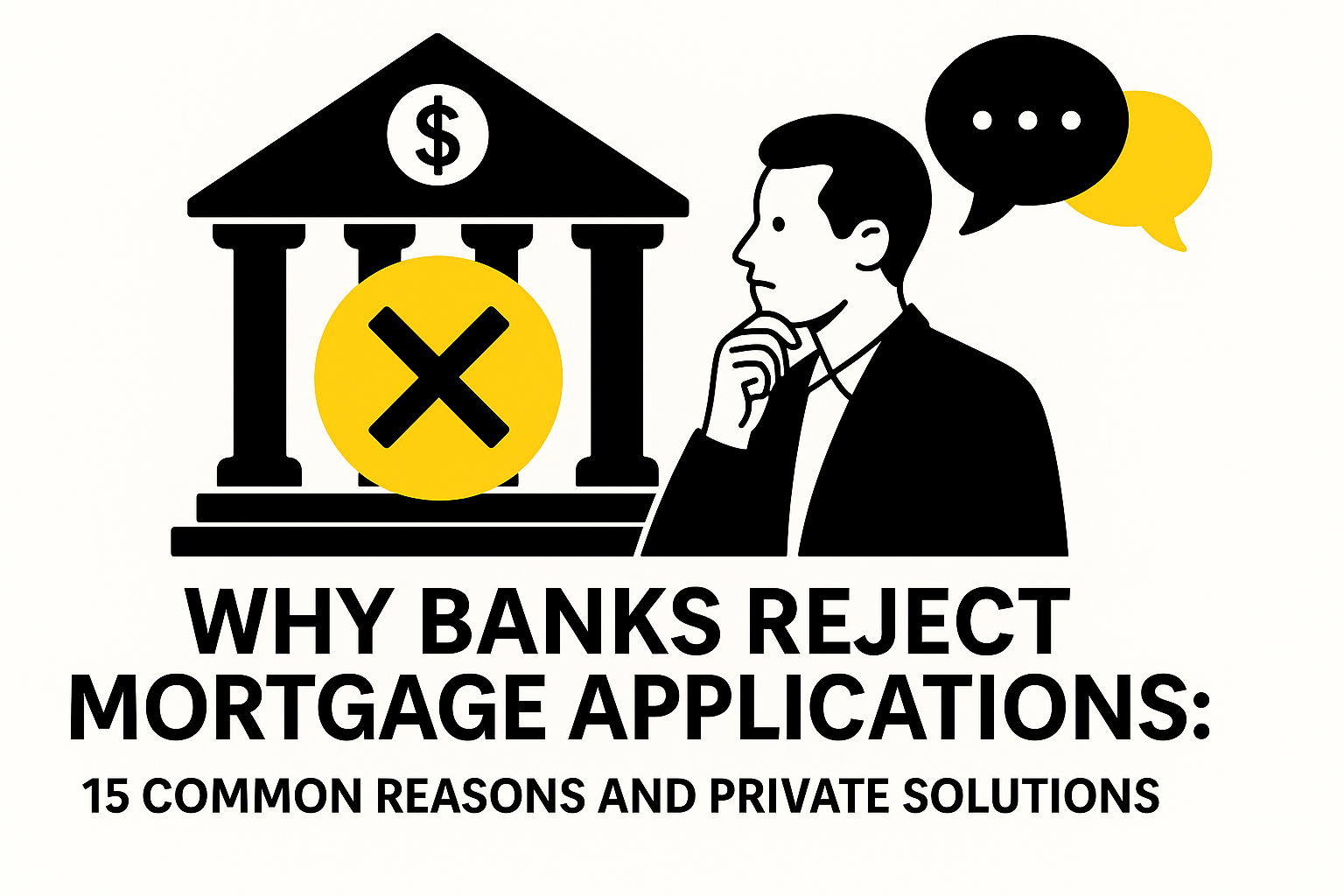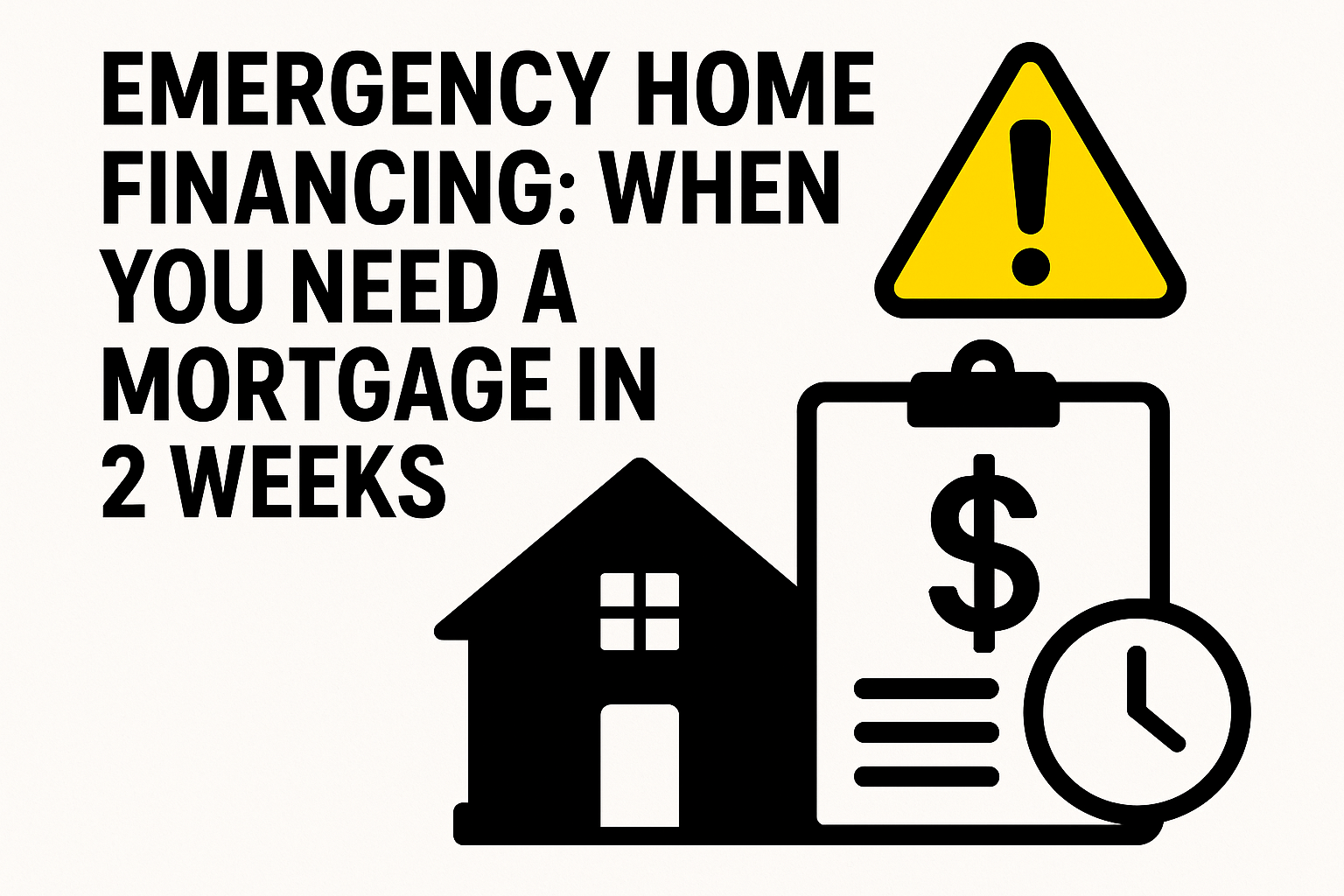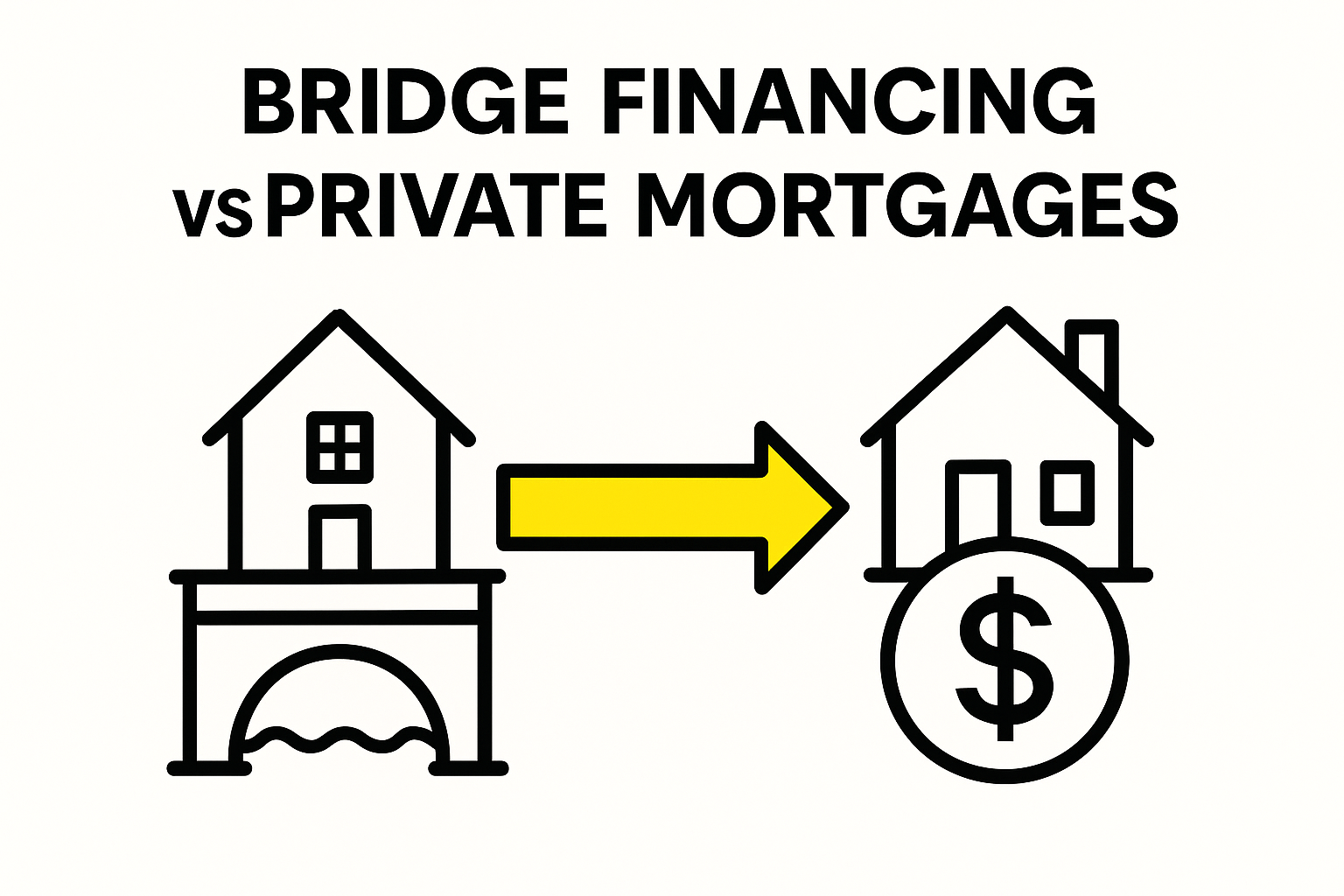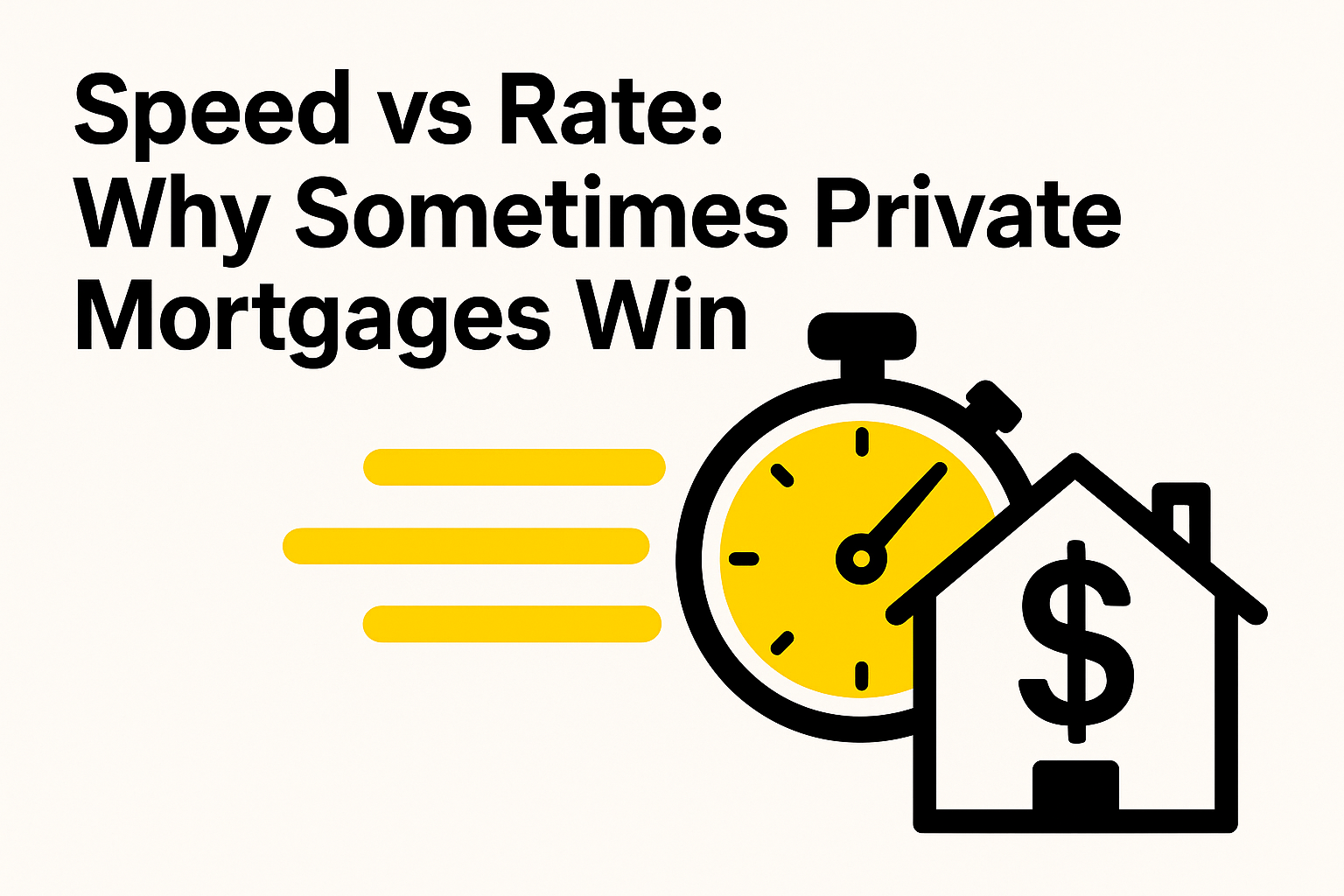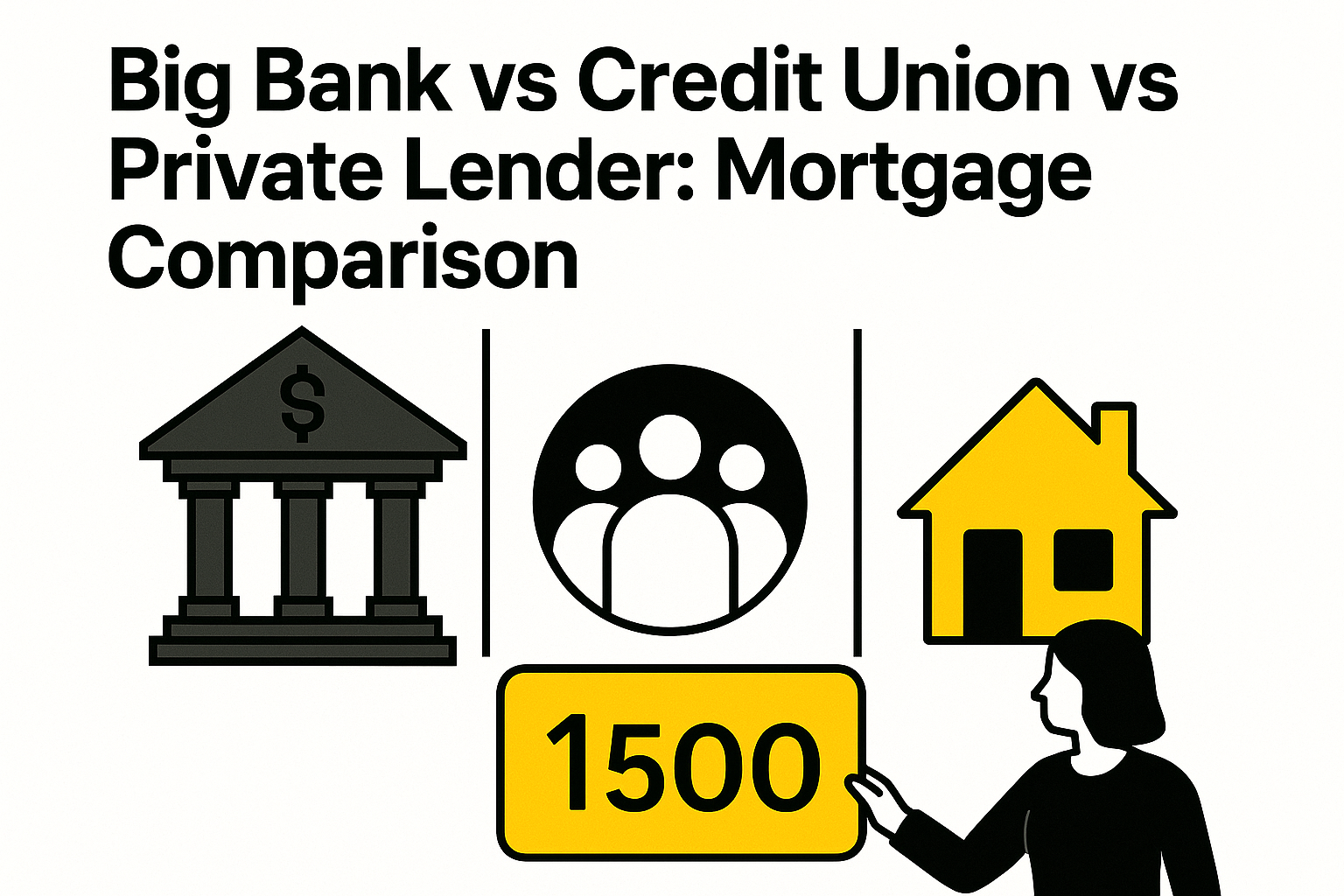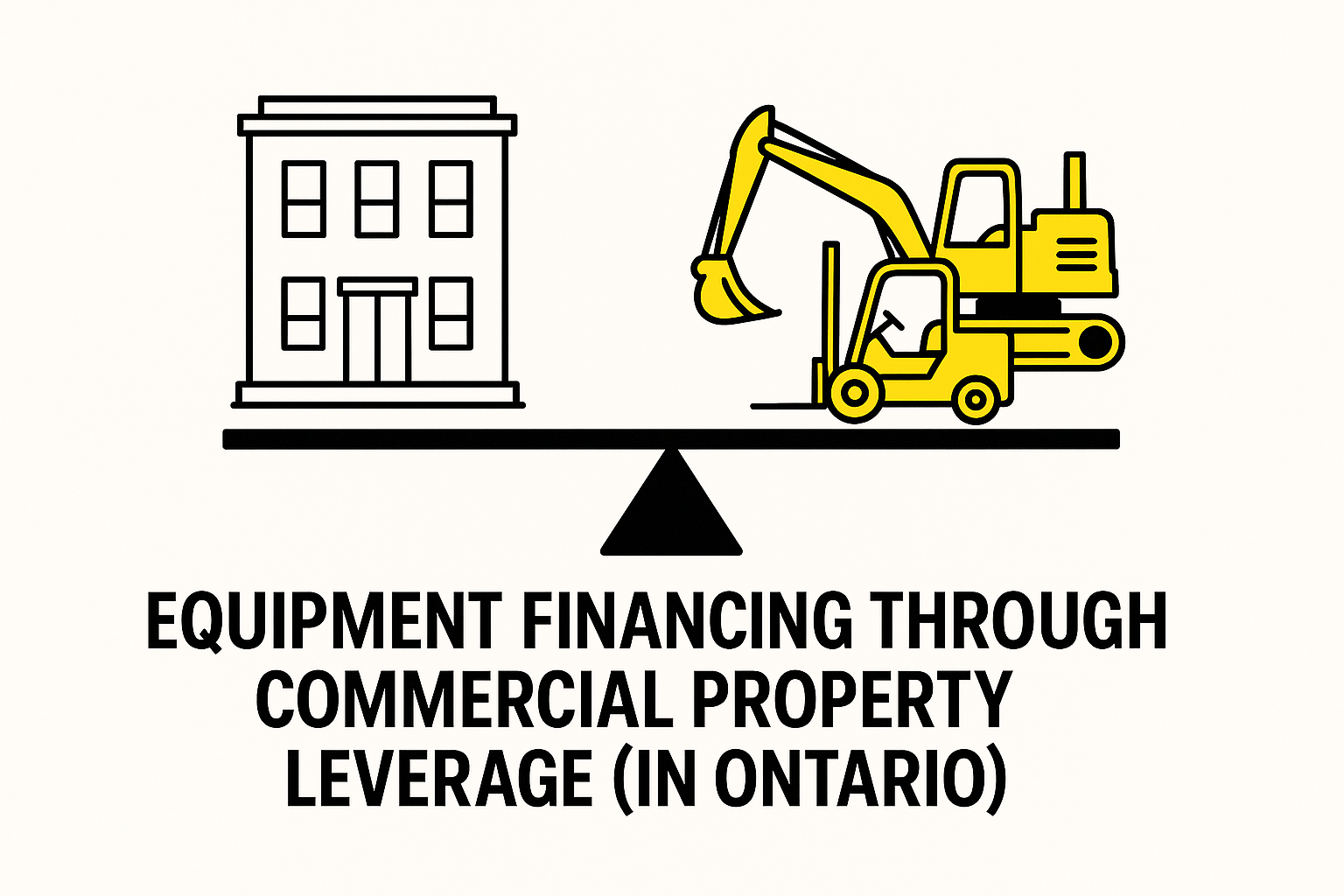Imagine arriving in Canada as a skilled professional with $150,000 in savings, excellent international credit history, and a job offer from a Toronto tech company, only to discover that Canadian banks treat you like a financial ghost with no credit history, no employment track record, and borrowing capacity that seems disconnected from your obvious financial strength. This hypothetical scenario reflects the frustrating reality that thousands of successful newcomers face when trying to secure their first Canadian mortgage despite having demonstrated financial responsibility and substantial assets in their home countries. The Canadian mortgage system operates with qualification criteria that essentially ignore international financial achievements, forcing even the most qualified immigrants to start building creditworthiness from scratch in a process that can take years without proper guidance and strategic planning.
What makes the newcomer mortgage challenge particularly complex is that Canada’s lending system prioritizes local credit history and employment verification over international credentials, net worth, or professional qualifications that clearly indicate financial capacity and responsibility. Traditional banks use algorithms designed for borrowers with established Canadian financial footprints, creating systematic barriers for newcomers whose successful international backgrounds don’t translate into immediate mortgage qualification. However, understanding the specific programs, strategies, and alternative solutions available for newcomers can dramatically accelerate the path to Canadian homeownership while avoiding costly mistakes that could delay qualification for years.
Understanding Canada’s Mortgage System for Newcomers
How Canadian Mortgages Differ from International Systems
Canadian mortgage qualification relies heavily on credit score history, verified employment income, and debt service ratios calculated using specific Canadian formulas that may differ significantly from lending practices in your home country. Unlike some international markets where net worth, assets, or professional credentials carry more weight, Canadian banks focus primarily on credit payment history and income verification through Canadian sources.
The mortgage stress test requires borrowers to qualify at rates higher than their actual mortgage rate, typically the Bank of Canada qualifying rate or 2% above the contract rate. This test applies to all borrowers, including newcomers, regardless of down payment size or financial strength demonstrated through international sources.
Canadian mortgages also involve unique features like CMHC insurance for high-ratio mortgages, specific prepayment penalty calculations, and renewal processes that differ from fixed-term loans common in other countries.
Credit History Requirements That Start from Zero
Newcomers arrive in Canada with zero credit history from Canadian financial institutions, regardless of their international credit performance or financial sophistication. Canadian credit bureaus don’t typically recognize international credit reports, forcing newcomers to build domestic credit history from the ground up.
Most mortgage lenders require a minimum credit score of 600-650 for approval, with optimal rates available to borrowers with 700+ scores. Newcomers need 6-12 months minimum to establish any credit score, and 18-24 months to achieve scores that qualify for best available mortgage rates.
The credit building process involves establishing Canadian banking relationships, obtaining secured or newcomer credit cards, and demonstrating consistent payment history over time. This timeline often doesn’t align with newcomers’ homeownership timelines, creating gaps that require strategic planning.
Down Payment Rules and Newcomer Programs
Canadian mortgage regulations require minimum 5% down payment for properties under $500,000, with higher requirements for more expensive properties. Newcomers often have substantial savings but may face scrutiny about fund sources, international transfers, and documentation requirements.
Many newcomer mortgage programs require 10-35% down payments, higher than minimum requirements, but offer other benefits like reduced credit history requirements or acceptance of international income documentation.
Down payment funds must be verified and sourced properly, with international transfers requiring additional documentation about fund origins, currency exchange, and anti-money laundering compliance.
Building Credit History as a New Canadian
Fast-Track Credit Building Strategies
Newcomers should establish Canadian banking relationships immediately upon arrival, opening chequing and savings accounts at major banks that offer newcomer programs with reduced documentation requirements and fee waivers for initial periods.
Secured credit cards provide the fastest path to establishing credit history, allowing newcomers to deposit funds as collateral for credit limits while building payment history that reports to credit bureaus. Many banks offer secured cards specifically for newcomers with simplified approval processes.
The optimal credit building strategy involves:
- Immediate banking relationship establishment upon arrival in Canada
- Secured credit card approval within first month of residence
- Consistent small purchases and full payment each month
- Multiple credit products over time to demonstrate credit mix
- Utility and cell phone accounts in your name to build payment history
Banking Relationships That Matter for Mortgages
Establishing relationships with Canada’s major banks provides access to newcomer programs that offer preferential mortgage rates, reduced documentation requirements, and faster approval processes for immigrants with appropriate employment and down payments.
Many banks assign dedicated newcomer representatives who understand the unique challenges immigrants face and can navigate internal systems to find solutions that standard mortgage representatives might miss.
Banking relationships should include multiple products – chequing accounts, savings accounts, credit cards, and potentially investment accounts – that demonstrate financial engagement and provide banks with complete pictures of newcomer financial activity.
Common Credit Mistakes That Delay Homeownership
Applying for multiple credit products simultaneously can harm credit scores through excessive inquiries, though newcomers often need multiple products to build comprehensive credit profiles. Strategic application spacing prevents unnecessary score damage.
Many newcomers make minimum payments on credit cards thinking this builds credit effectively, but optimal credit building requires demonstrating payment capacity through consistent full balance payments that show financial responsibility.
Using high percentages of available credit limits, even with full payments, can harm credit scores through utilization ratios. Optimal credit building maintains utilization below 30% of available limits, preferably below 10%.
Newcomer Mortgage Programs and Benefits
Major Bank Newcomer Programs
Canadian banks offer specific programs for newcomers that typically require arrival within 3-5 years and provide benefits like reduced credit history requirements, acceptance of international income documentation, and potentially better rates than standard programs.
RBC’s newcomer program accepts borrowers with Canadian employment history as short as 3 months, provided they have strong international credentials and substantial down payments. Similar programs exist at other major banks with varying requirements and benefits.
These programs often require higher down payments (typically 20-35%) than standard mortgages but compensate with flexible underwriting that recognizes international experience, education credentials, and financial capacity.
Program eligibility typically requires:
- Recent arrival status (usually within 3-5 years)
- Professional employment or skilled worker immigration status
- Substantial down payment (often 20%+ of purchase price)
- International education/experience credentials
- Clean international background checks and documentation
Provincial First-Time Buyer Incentives
Many provinces offer additional incentives for first-time homebuyers that newcomers can access, including land transfer tax rebates, down payment assistance loans, and shared equity programs that reduce initial capital requirements.
Ontario’s Land Transfer Tax rebate for first-time buyers can save newcomers up to $4,000, while Toronto offers additional municipal rebates. These programs typically don’t require Canadian citizenship, just residence and first-time buyer status.
British Columbia’s Property Transfer Tax exemption for first-time buyers provides substantial savings on property purchases, particularly valuable in expensive markets like Vancouver where newcomers often settle initially.
Government-Backed Mortgage Options
Canada’s First-Time Home Buyer Incentive provides shared equity financing for eligible newcomers, though income and property value restrictions may limit accessibility in expensive markets where many immigrants settle initially.
CMHC insurance enables high-ratio mortgages with down payments as low as 5% for newcomers who qualify, though insurance premiums add to monthly costs and total borrowing expenses over mortgage terms.
The Home Buyers’ Plan allows RRSP withdrawals for down payments, though newcomers typically haven’t accumulated substantial RRSP savings during their initial Canadian residence periods.
Income Documentation Challenges for Newcomers
International Income Recognition
Some Canadian lenders accept international income documentation for newcomers, particularly for professionals in transferable fields like technology, finance, healthcare, or engineering where credentials and earning capacity translate across borders.
International income verification requires additional documentation including employment letters, income tax returns, bank statements, and potentially professional credential verification that demonstrates earning capacity and employment stability.
Currency conversion and income stability become considerations when lenders evaluate international earnings, particularly from countries with volatile currencies or economic conditions that might affect long-term employment prospects.
Employment History Requirements
Canadian lenders typically prefer 2+ years employment history, but newcomer programs may accept job offers, employment contracts, or probationary employment as qualification basis with appropriate documentation and higher down payments.
Professional immigrants in high-demand fields like healthcare, technology, or skilled trades may receive more favorable consideration based on credential transferability and demonstrated employment demand in Canadian markets.
Employment gaps during immigration transition periods require explanation and documentation, but don’t necessarily disqualify mortgage applications if newcomers can demonstrate financial capacity.
Self-Employment and Professional Credential Issues
Newcomer professionals establishing independent practices face additional challenges proving income through traditional employment verification, requiring business documentation, client contracts, and revenue projections that traditional lenders may view conservatively.
Professional licensing processes can delay full income realization for newcomer doctors, lawyers, engineers, or other regulated professionals, creating timing mismatches between homeownership desires and traditional mortgage qualification criteria.
Business startup costs and initial lower income periods while establishing Canadian professional practices may require alternative financing approaches until traditional income verification becomes possible.
Down Payment Sources and Gift Funds
Acceptable Down Payment Sources
Canadian lenders accept down payments from savings, investment account liquidations, gift funds from immediate family members, and proceeds from international property sales with proper documentation and verification.
International fund transfers require documentation proving legitimate sources, compliance with anti-money laundering regulations, and often 90-day paper trails showing fund accumulation and transfer processes.
Some lenders require down payment funds to be in Canadian institutions for specific periods before mortgage application, though this requirement varies and may be waived for newcomer programs.
International Fund Transfer Considerations
Large international transfers trigger reporting requirements and documentation needs that can delay mortgage applications if not planned properly. Newcomers should initiate fund transfers well in advance of property purchases.
Currency exchange timing and methods can significantly impact down payment amounts, particularly for volatile currencies or large transfer amounts. Professional foreign exchange services often provide better rates than traditional banks.
Tax implications of international fund transfers and property sales may affect overall financial planning and should be considered with professional tax advice to optimize outcomes.
Family Gift Documentation Requirements
Gift funds from family members require gift letters stating the funds are gifts, not loans, along with documentation proving gift-giver financial capacity and legitimate fund sources.
International gift transfers face additional scrutiny including proof of family relationships, gift-giver income documentation, and compliance with both Canadian anti-money laundering regulations and home country fund export restrictions.
Gift documentation becomes more complex for substantial amounts or when gift-givers reside outside Canada, potentially requiring additional legal documentation or verification processes.
When Traditional Banks Say No: Alternative Solutions
Credit Union Options for Newcomers
Credit unions often demonstrate more flexibility for newcomer mortgage applications, with decision-makers who can consider individual circumstances rather than relying exclusively on automated underwriting systems that may disadvantage immigrants.
Local credit unions may better understand regional employment markets, settlement patterns, and newcomer community dynamics that support lending decisions based on broader criteria than just credit scores and employment history.
Credit union membership requirements are typically minimal and can provide access to competitive mortgage rates along with personalized service that helps newcomers navigate Canadian banking systems more effectively.
Private Lending as Bridge Financing
Private lenders can provide mortgage financing for newcomers who don’t yet qualify for traditional bank mortgages but have substantial down payments and clear income prospects in Canadian employment markets.
Private mortgage terms typically range from 12-24 months, providing time for newcomers to build credit history, establish employment records, and improve qualification profiles for traditional bank financing at renewal.
Private lending rates are higher than bank mortgages but may be cost-effective compared to extended rental periods in expensive markets where property appreciation could exceed additional interest costs.
Building Toward Bank Qualification
Strategic use of alternative financing can accelerate newcomer access to homeownership while building the credit and employment history necessary for traditional bank qualification at renewal or refinancing.
Newcomers using private or alternative financing should develop clear timelines for transitioning to bank mortgages, including specific credit score targets, employment history goals, and documentation improvement plans.
Professional mortgage advice becomes particularly valuable for newcomers navigating multiple financing options and building optimal qualification profiles for long-term Canadian mortgage success.
Here’s your newcomer mortgage planning framework:
| Timeline | Credit Building Actions | Employment Goals | Mortgage Preparation |
| Months 1-3 | Open banking accounts, apply for secured credit card | Secure employment, establish paystubs | Research newcomer programs |
| Months 4-9 | Build payment history, add credit products | Complete probationary periods | Document income sources |
| Months 10-15 | Achieve credit scores 650+, establish credit mix | Show employment stability | Pre-approval applications |
| Months 16-24 | Optimize credit scores 700+, prepare down payment | Meet income requirements | Traditional bank qualification |
This framework provides a realistic timeline for newcomer mortgage qualification while building necessary Canadian financial credentials.
Additional resources for newcomer financial planning are available through Settlement.org and Mortgage Professionals Canada.
Frequently Asked Questions
How long after arriving in Canada can newcomers qualify for mortgages? With newcomer programs, some immigrants can qualify within 3-6 months of arrival if they have employment, substantial down payments, and strong international credentials. Traditional programs typically require 12-24 months of Canadian credit and employment history.
Do newcomer mortgage programs offer better rates than regular mortgages? Newcomer programs may offer competitive rates but often require higher down payments. The rates are typically similar to standard programs, with the main benefits being flexible qualification criteria rather than rate advantages.
Can international credit history help with Canadian mortgage applications? Most Canadian lenders don’t directly consider international credit reports, but some may accept them as supplementary documentation in newcomer programs. Building Canadian credit history remains essential for optimal mortgage qualification.
What’s the minimum down payment for newcomers? Standard rules apply – 5% minimum for homes under $500,000. However, many newcomer programs require 10-35% down payments in exchange for flexible qualification criteria regarding credit and employment history.
Should newcomers rent or buy immediately upon arrival? Most financial experts recommend renting initially while building credit history, establishing employment, and learning local markets. Immediate buying is possible with newcomer programs but may limit housing options and increase costs.
How do gift funds from international family members work for down payments? Gift funds are acceptable with proper documentation including gift letters, proof of family relationships, and verification of fund sources. International transfers require additional anti-money laundering compliance and documentation.
Conclusion
Successfully obtaining a mortgage as a newcomer to Canada requires understanding that the process differs significantly from international standards and typically takes longer than many immigrants expect, despite their strong financial backgrounds and professional qualifications. The key lies in recognizing that Canadian mortgage qualification prioritizes local credit history and employment verification over international achievements, making strategic credit building and employment establishment essential components of homeownership planning rather than obstacles to overcome quickly. Newcomers who approach mortgage qualification systematically – building credit immediately upon arrival, establishing banking relationships, and understanding available programs – typically achieve homeownership within 12-24 months while those who delay these activities may wait years longer.
The most successful newcomer homebuyers are those who view their first 1-2 years in Canada as a strategic period for building the financial foundation necessary for long-term Canadian success, rather than simply trying to replicate their home country housing situation immediately. This approach often results in better mortgage terms, more housing options, and greater financial flexibility that benefits newcomers throughout their Canadian residence, making the initial patience and planning worthwhile investments in long-term success and financial stability.
Ready to start your journey to Canadian homeownership as a newcomer? Contact HERCULES Team Investment Group today to explore newcomer mortgage programs, credit building strategies, and financing solutions that help new Canadians achieve their homeownership goals efficiently and cost-effectively.

